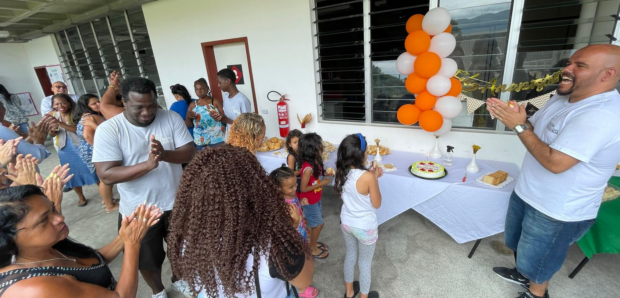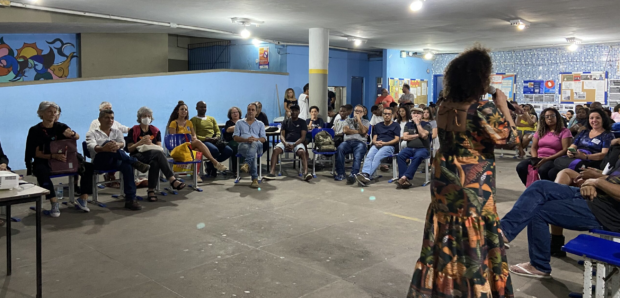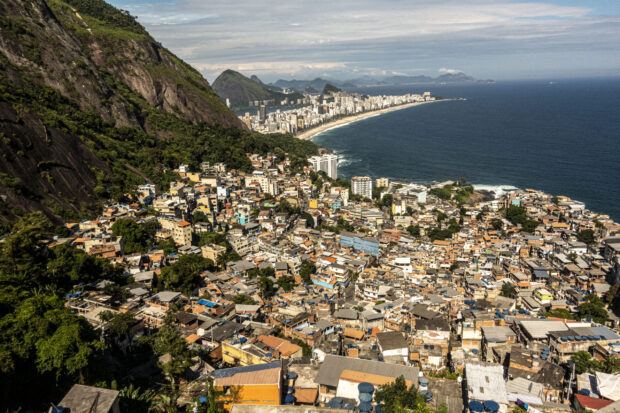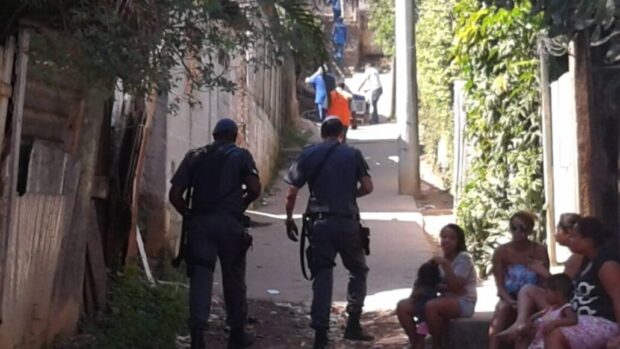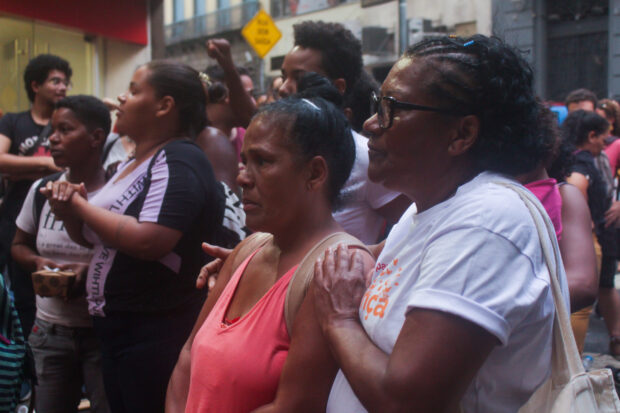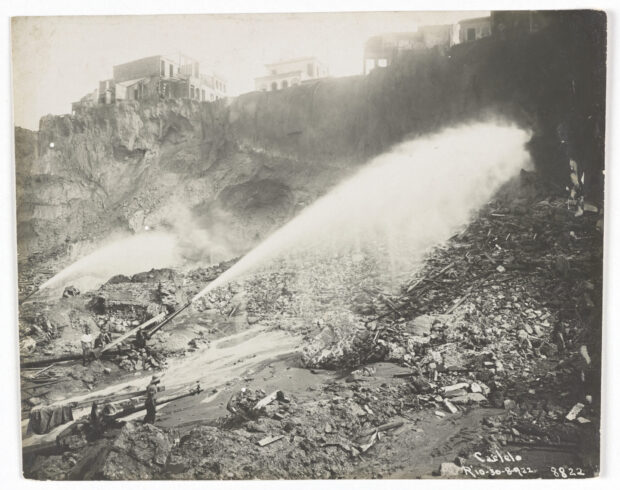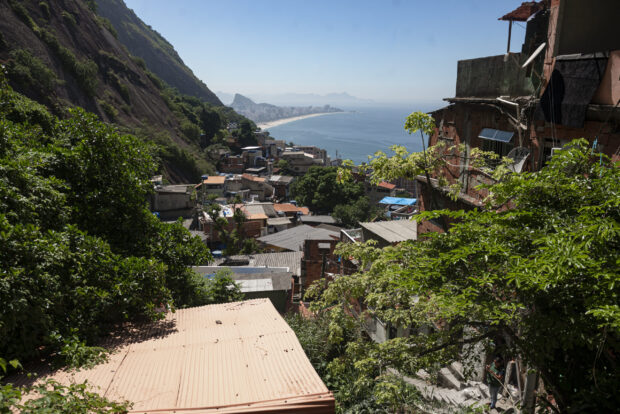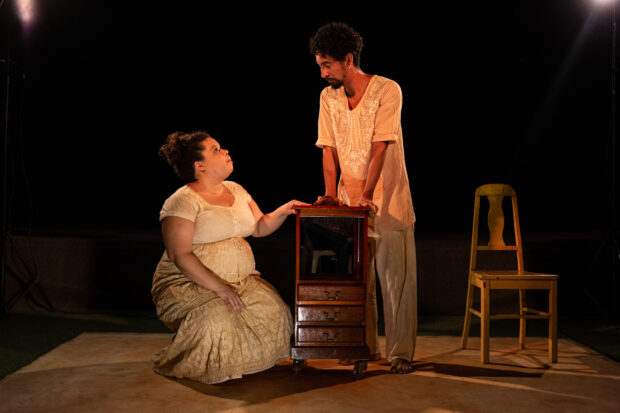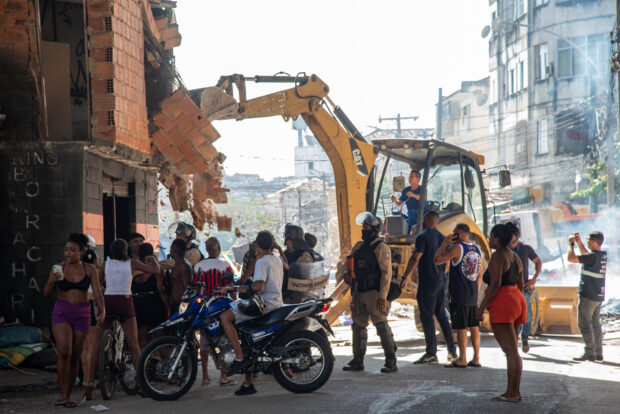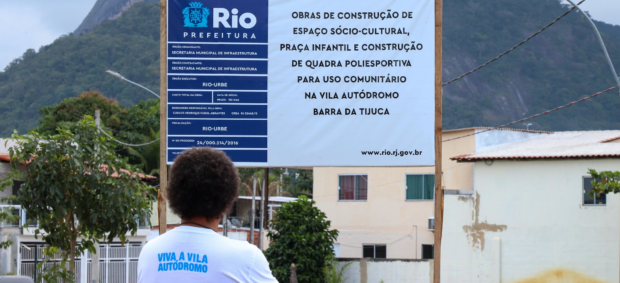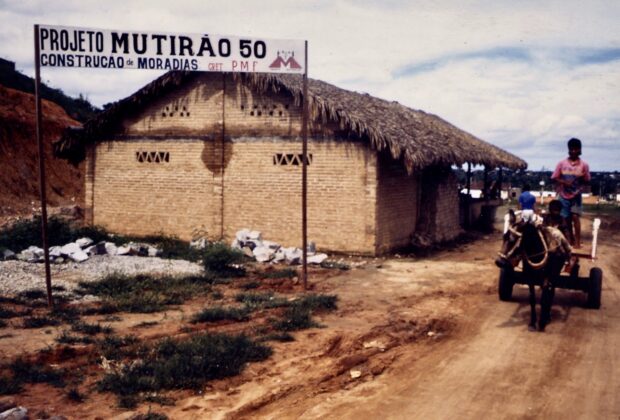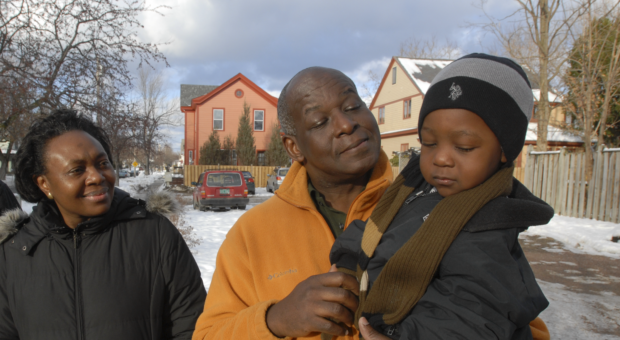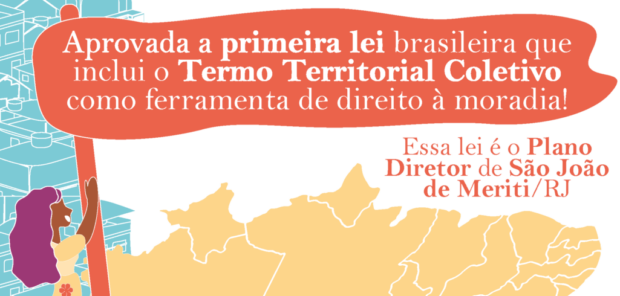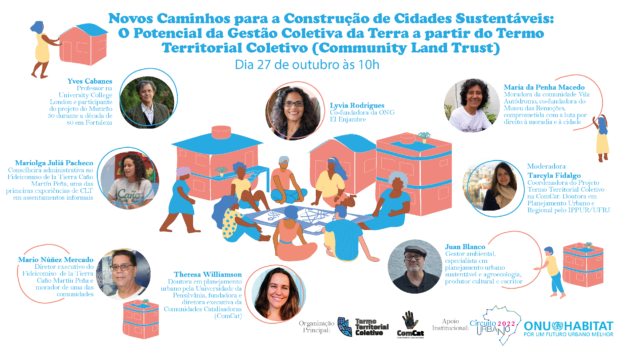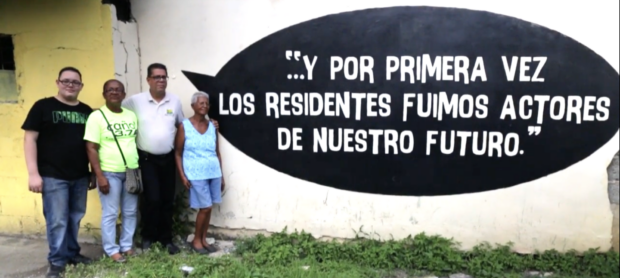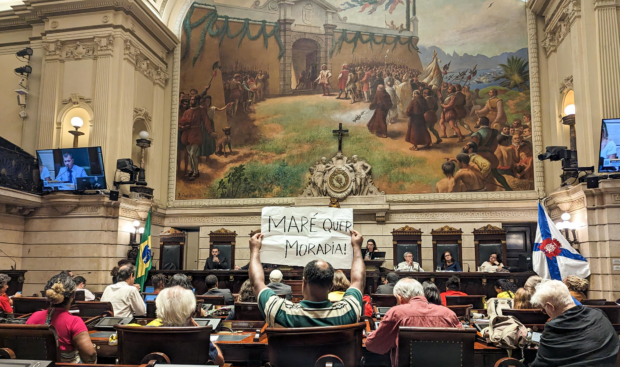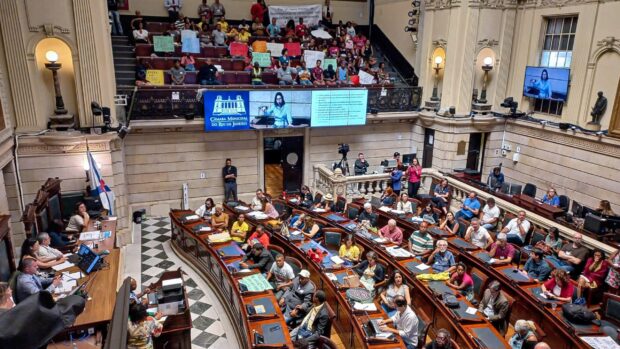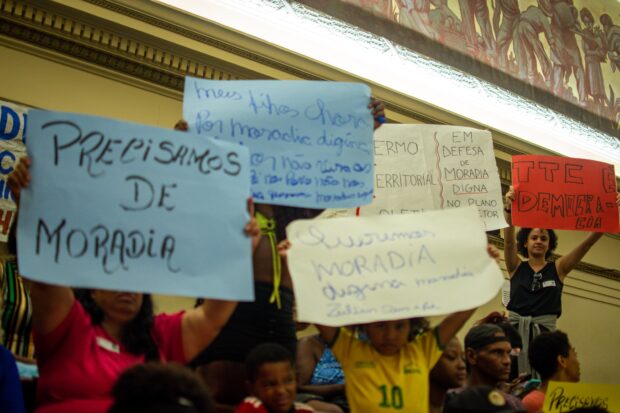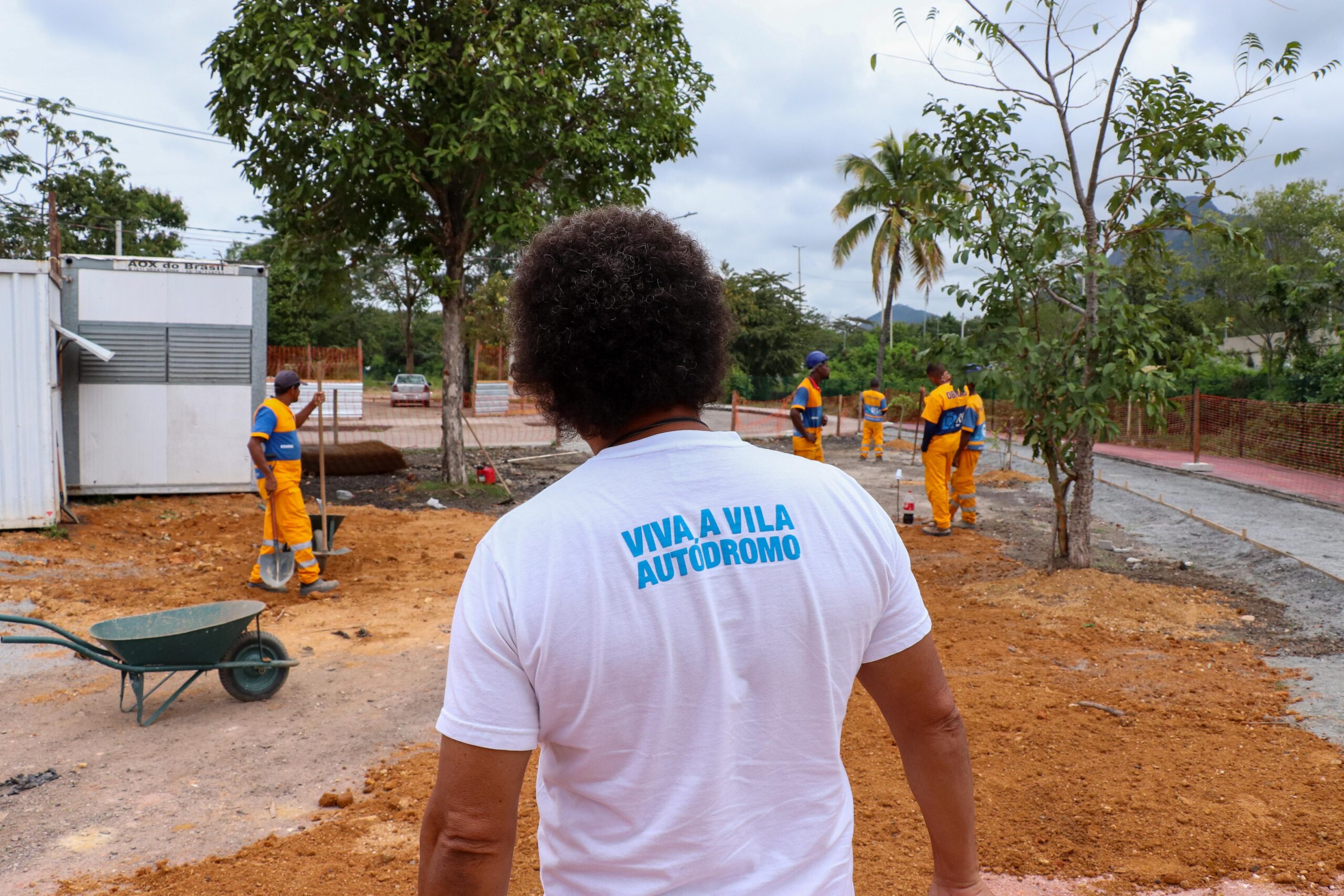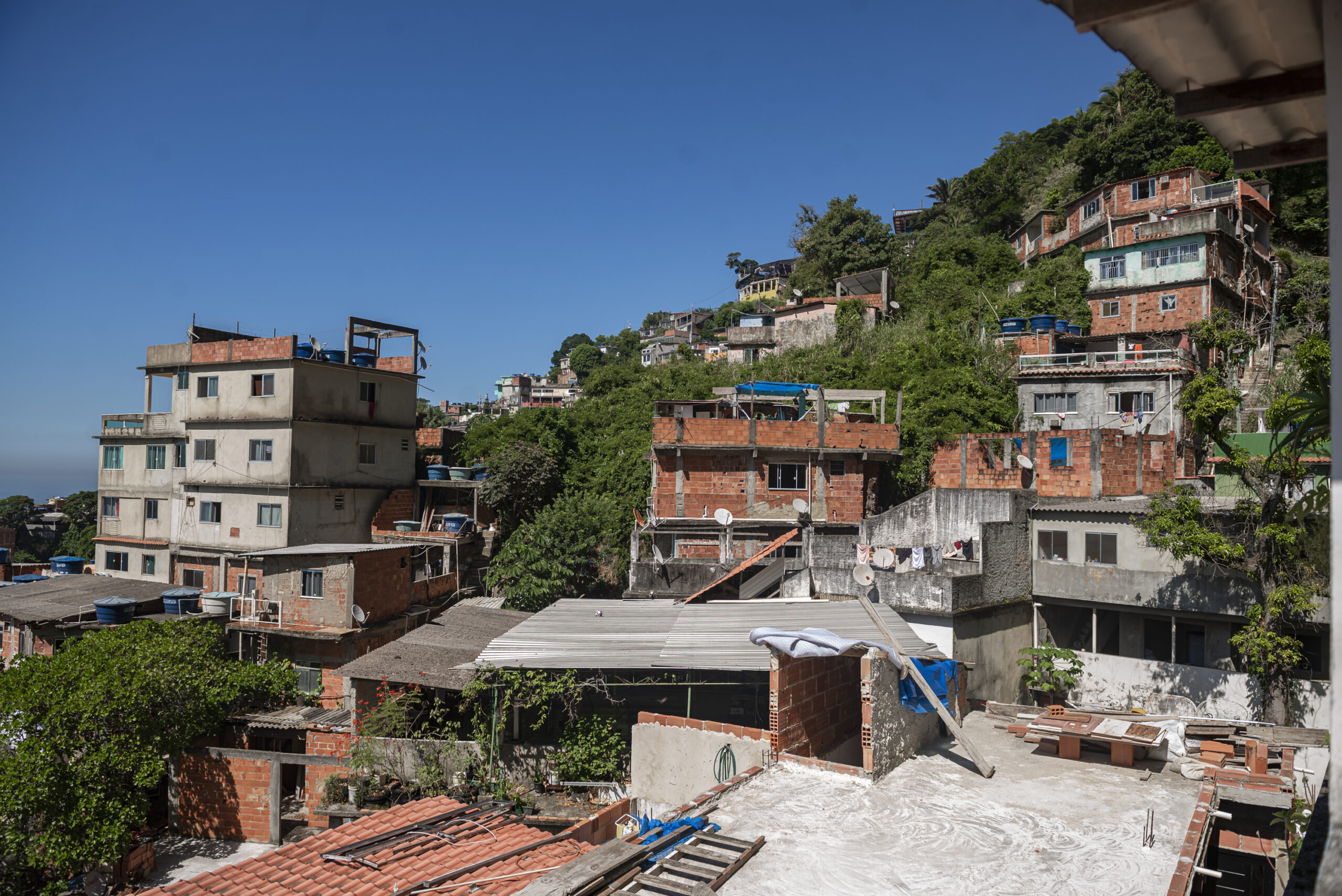- [ January 29, 2026 ] ‘It’s the Place of Resistance of Our Existence’: Duque de Caxias’ Culture Manor is a Hub for Art, Education and Leisure by Community Contributors
- [ January 13, 2026 ] 10 Years Since the Rio Olympics: Vila Autódromo Continues to Resist Gentrification Pressures Amidst New ‘Olympic Barra’ Neighborhood #EvictionsWatch
- [ January 8, 2026 ] COP30 Civil Society Rundown: Thousands of Communities and Social Movements, Representing Favelas, Indigenous, Quilombola and Other Marginalized Groups Fill Belém During COP30 [IMAGES] *Highlight
- [ December 31, 2025 ] ‘What We Want Aren’t Bodies on the Ground… It’s Recognition of [Our] People Creating Solutions’: Penha Favelas Hold Composters and Integrated Health Events Highlighting Local Climate Memories *Highlight
- [ December 26, 2025 ] 2025 Retrospective of Top International Reporting on Rio’s Favelas #MediaWatch

Focusing on articles that seek to incorporate the Right to the City and the Right to the Favela into the public debate and political agendas, the Right to Housing series stimulates, mobilizes, and disseminates non-traditional models of access to adequate housing, aimed at ensuring permanence in favela territories while also exposing threats of forced evictions and instances of environmental racism. By promoting the consolidation and enhancement of favela infrastructure through sustainable and participatory urban planning, the series aims to stimulate the sharing and replication of local solutions that have the potential to prevent processes of forced evictions and gentrification.
The Right to Housing series is part of the project “Realizing the Right to the Favela Through Grassroots Media.” In our view, the right to housing is one of four critical elements in realizing the right to the favela. The others are: climate justice, human rights, and democracy.
History: The Favela is the City
In 2022, Providência celebrated 125 years and continues to be an important symbol of the history of favelas. On Saturday November 16, the Providência Gallery Project—founded in 2017 and located in the Leonel de Moura Brizola Popular Market—organized a breakfast to celebrate the 125th anniversary of Brazil’s first favela, originally called Morro da Favela and now known as Morro da Providência. The project carries out art interventions in the community, promoting cultural activity in the area through urban mural paintings and impactful local activities.
On October 14, 2022, youth from the Almirante Tamandaré State School got together to hear from older residents who fought against evictions in the favela of Vidigal during the military dictatorship in Brazil (1964-1985). Forty-five years ago, at the height of the dictatorship, residents of Vidigal were taken by surprise by a marking on their front doors indicating that their houses were to be removed, supposedly due to imminent landslide risk. The Vila do Vidigal Residents’ Association, however, managed to resist and formally stop the evictions with legal support.
45 years ago, Vidigal engaged in resistance despite a full-on military dictatorship. Despite the persistent narrative from many political figures dismissing favelas as criminal territories, Vidigal is in fact a force to be reckoned with, with citizens who typically elect candidates committed to the working class. Resistance is its trademark and democracy is its flag. We must preserve and disseminate this history so that the present can be equipped with tools for designing the future. The fight must go on!

